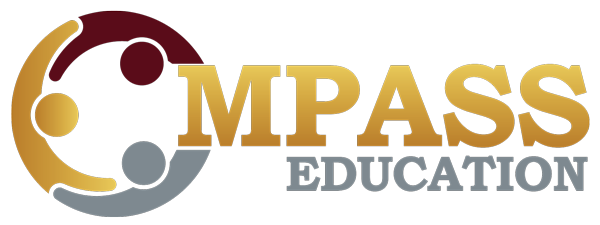Setting Students up for Failure with Misconstrued Definitions of Success
Welcome to the fourth—and nearly final—blog in this series. If you’re new here, I suggest starting with the introduction for more context. While this post can stand alone, it may leave a few gaps without the earlier ideas.
We can trace the origins of the phrase “not a math person” through history, but history alone doesn’t explain why the phrase persists today. It’s been about 50 years since gender equity in math began to emerge, so those barriers may still echo—but the truth is that people across all identities now label themselves this way. The bigger driving force seems to lie in how individuals experience success and failure within this and other subject areas.
In general people do not define themselves as having talents when they fail to meet social definitions. For example, if defining success for the ability to snowboard is the understanding how to do it and getting down a hill on a snowboard without falling, then I have done that I can say I am a snowboarder. But if the definition is more extensive of being able to get down challenging terrain without failing, or even majority of the time getting on a lift and making it down the mountain without falling, then I cannot snowboard. When the definition of success shifts beyond our reach, we begin to withdraw and not attempt. Research shows this pattern is strong: by the second failure, students start pulling away; by the third, the subject itself feels like a threat to their identity.
In general, as humans we do not like to constantly put ourselves into places where we feel like a failure. And to be forced to do so will feel like a personal attack. There is a difference in working hard to overcome a hard skill and being forced to do something because of other people standards. Going to one of my favorite education references if you test all animals on climbing a tree and only define success as climbing the tree about 80 percent of all animals would be defined as failing. Including many sub populations who would entirely fail (not a single aquatic animal can succeed, even worse they can’t even get to the testing site).
All these analogies are fun (and if you know me you know I love analogies, to help prove points) but all this is to get to the root point of how someone defines success will be how the population defines their personal skills.
Education magnifies this. In reading, for example, once a student passes an early exam, they’re labeled a reader for life—no matter how complex the texts get. Their basic label of able to read is never questioned again, instead the class is now English or language arts, but rarely specifically a reading class. But then why for math are we defining success as the ability to pass calculus; or pass end of course assessments of Algebra 1 sometimes even of Algebra 2. No wonder more students feel as though they cannot do math than students who feel as though they cannot read. We are testing general elementary ability versus what used to be reserved for only the highest of students, or possibly only for college students.
Outside of school, there’s no natural test of whether someone can “math.” The school definition follows students into adulthood, leaving little room for redefinition. Contrast that with literacy: until 1992, the U.S. defined it as “the ability to read a simple sentence.” Today, literacy is measured by whether adults can complete everyday tasks. Imagine if we defined math the same way—around practical, real-world skills most people already use. Mastery would land closer to a 6th-grade level, not a 10th-grade one.
That shift wouldn’t erase the phrase “not a math person,” but it could change the scale of its reach. If success in math were defined as a tool to use math to make informed life decisions, far more people would see themselves as capable—and perhaps finally see math as a space they belong.
